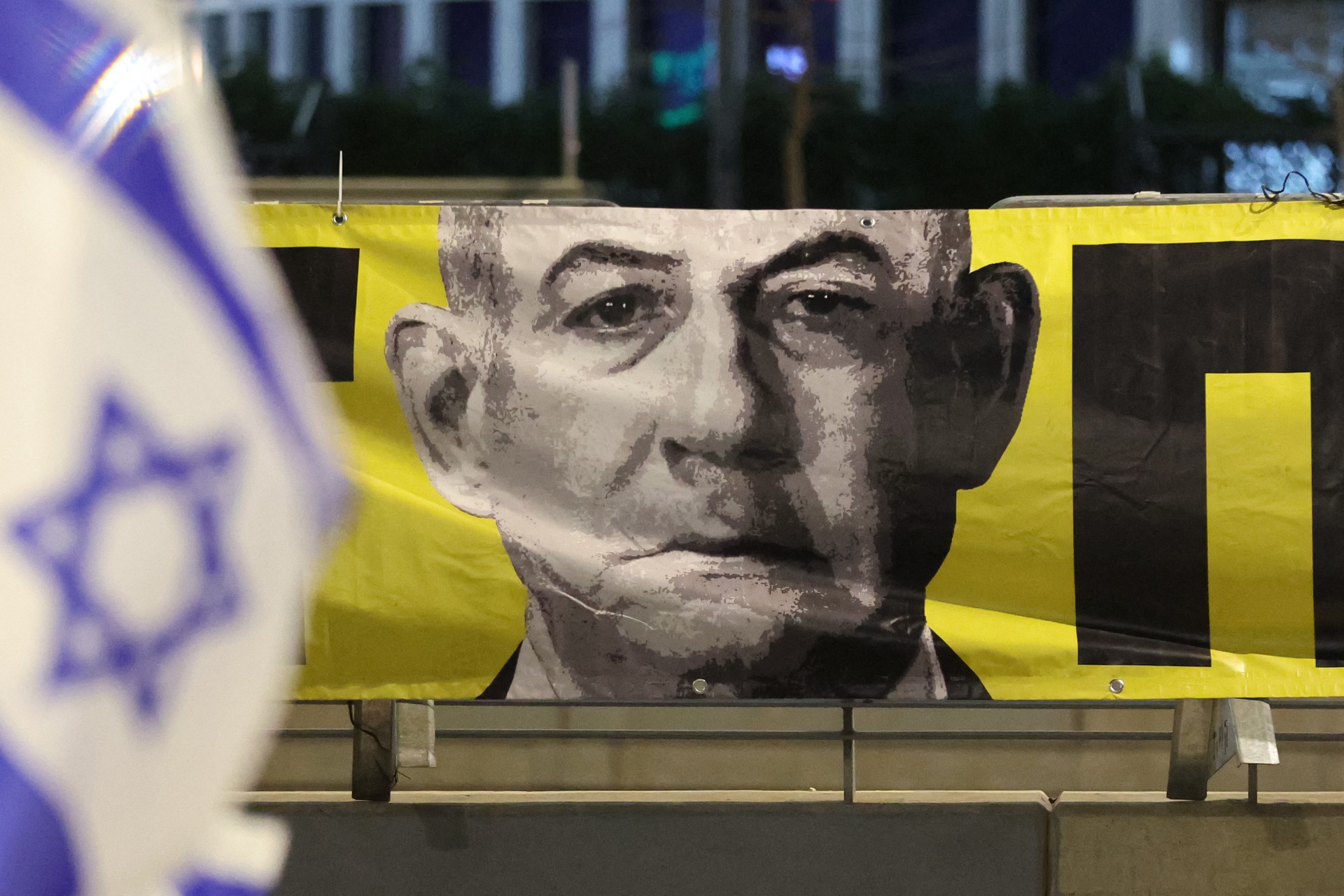
An analysis published in The Times of Israel argues that Israel is increasingly concerned about Türkiye's growing influence in Syria but has limited strategic options to counter it.
The article, written by journalist Norit Yohanan and titled "Israel will need to get used to Türkiye's growing footprint in Syria," outlines Tel Aviv's narrowing room for maneuver amid shifting geopolitical dynamics.
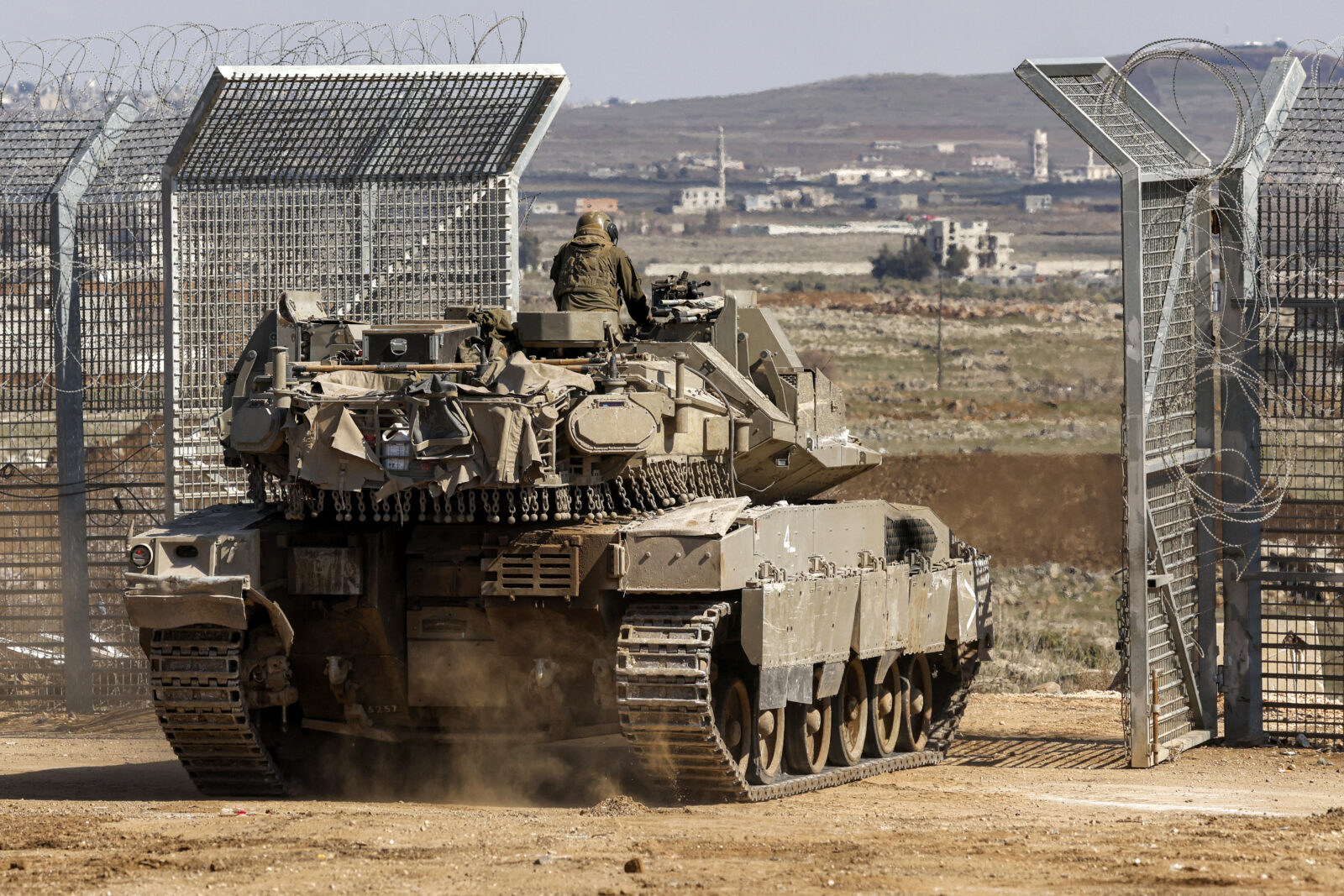
According to the analysis, while Türkiye has taken a broader and more active role in Syria's post-civil war developments, Israel's engagement with the country has remained narrowly focused on security.
This asymmetry, the piece suggests, has given Türkiye a strategic upper hand in the region.
Speaking to the Norit Yohanan's piece on The Times of Israel, Gallia Lindenstrauss, a senior fellow at the Institute for National Security Studies (INSS), told the newspaper, "When it comes to Syria, Türkiye simply cares more and invests accordingly. Israel’s interest in Syria is purely security-oriented."
The article notes that Türkiye's sustained involvement — including political, logistical, and at times military support to the Syrian opposition — has deepened its influence in key areas of northern Syria.
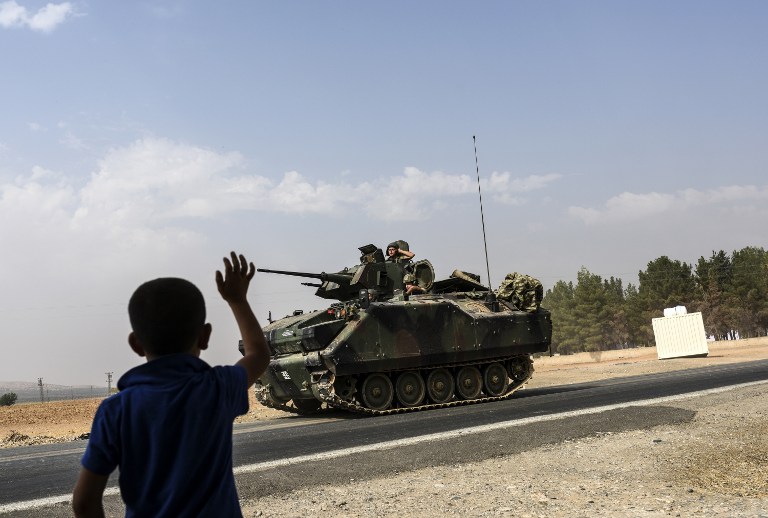
The analysis also highlights the impact of U.S. President Donald Trump's backing of President Recep Tayyip Erdogan during his final meeting with Israeli Prime Minister Benjamin Netanyahu in Washington on April 7.
It states that Trump's approach further limited Israel's strategic latitude in Syria.
"Trump made it clear that while he's willing to help Israel regarding Türkiye, Israel must present ‘reasonable demands,’" the article cites Lindenstrauss as saying.
This shift reportedly forced Israel to adopt a minimalist approach in Syria, prioritizing critical security red lines such as preventing Iranian weapons transfers to Hezbollah through southern Syria.
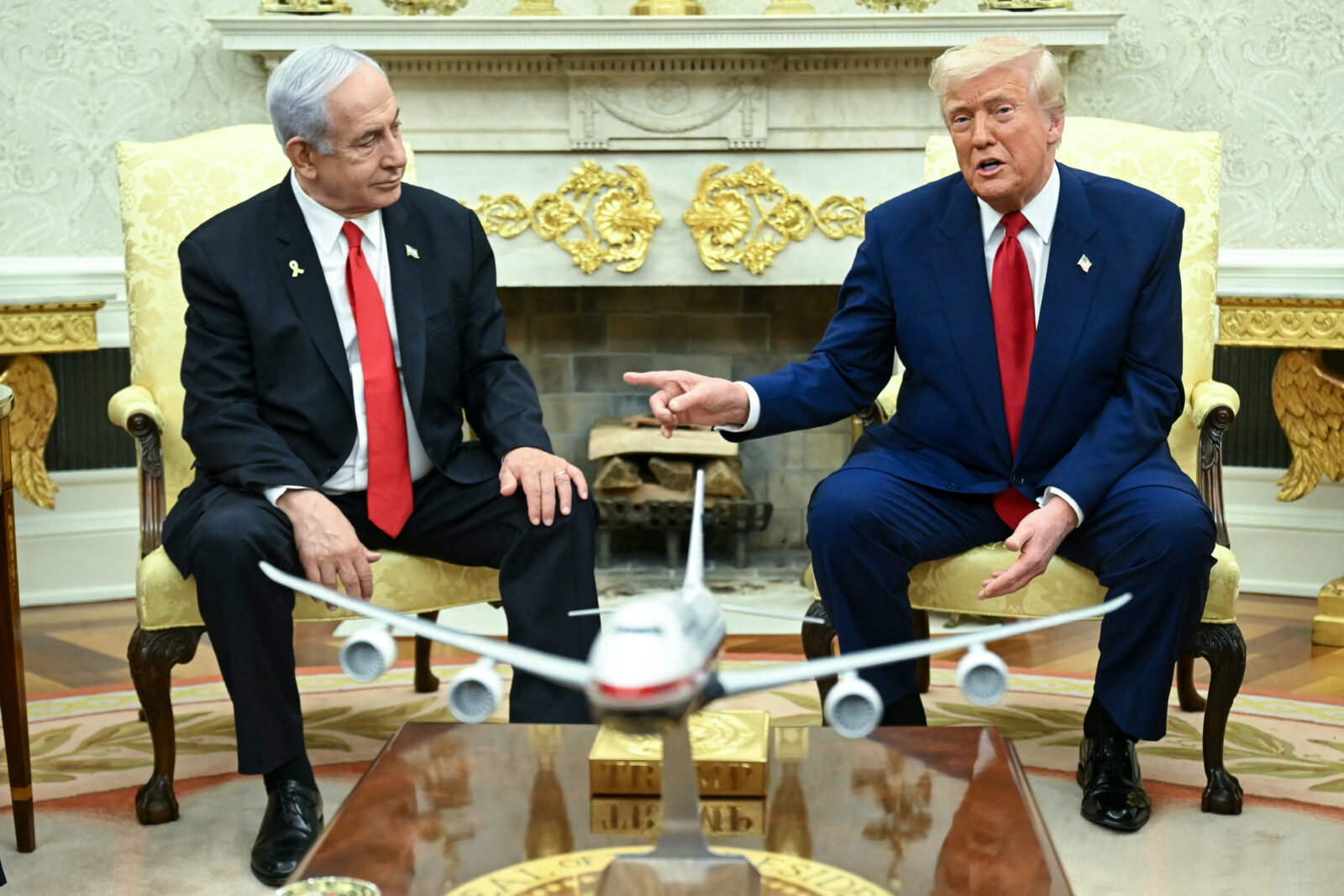
By contrast, Israel's Syria policy remains narrowly defined, focused almost exclusively on containing Iranian activity and Hezbollah arms transfers.
The analysis concludes that while Israel maintains strong intelligence and military capabilities in the region, it lacks the broad diplomatic and economic engagements Türkiye has built over the past decade.
The article also notes that Türkiye's support for opposition groups since the early stages of the Syrian civil war, led at the time by its intelligence chief and current Foreign Minister Hakan Fidan, has helped Ankara maintain long-term influence across political and security dimensions in Syria.
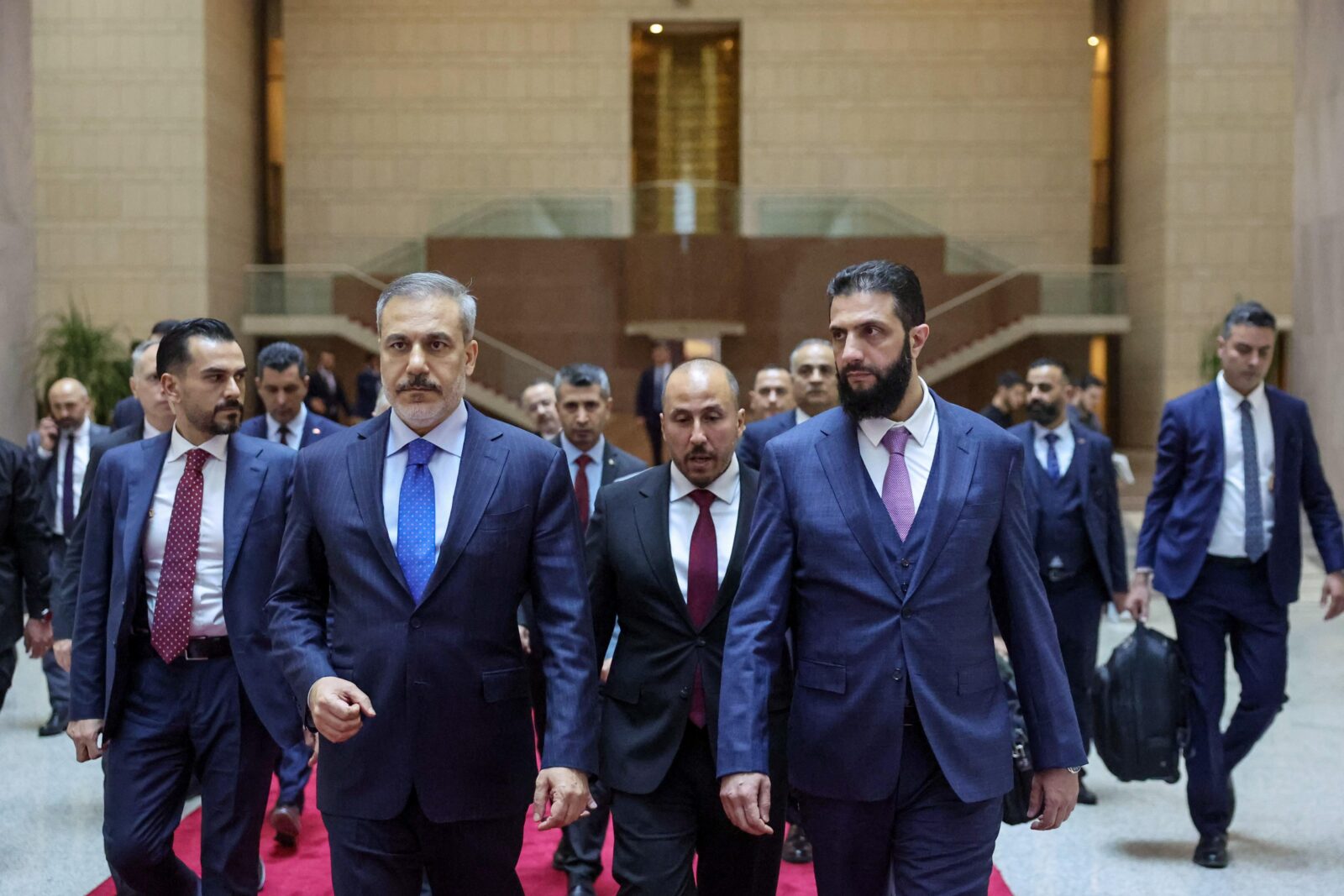
Turkish and Israeli officials held a technical meeting in Azerbaijan to discuss the establishment of a deconfliction mechanism in Syria, the Turkish Ministry of National Defense (MoD) confirmed during a weekly press briefing.
According to MoD sources, "The first technical meeting was held yesterday (April 9) in Azerbaijan to establish a deconfliction mechanism to avoid unwanted incidents in Syria. Efforts will continue toward establishing this mechanism."
The Israeli Prime Minister’s Office confirmed that delegations from Israel and Türkiye met in Baku to discuss mutual interests and the establishment of a deconfliction mechanism in Syria aimed at preventing future clashes.
"In line with a directive from Prime Minister Benjamin Netanyahu, a diplomatic-security delegation led by National Security Council Director Tzachi Hanegbi and including senior representatives from the Ministry of Defense and security agencies met with a Turkish delegation," the statement said.
Israel expressed gratitude to Azerbaijan and President Ilham Aliyev for hosting the talks. "Each side presented its interests in the region. It was agreed to continue on the path of dialogue to maintain regional stability," the office added.
Azerbaijan has emerged as a mediator, seeking to ease tensions between Türkiye and Israel.
President Ilham Aliyev expressed his commitment to fostering normalization between the two nations, underscoring his strong relations with both sides.